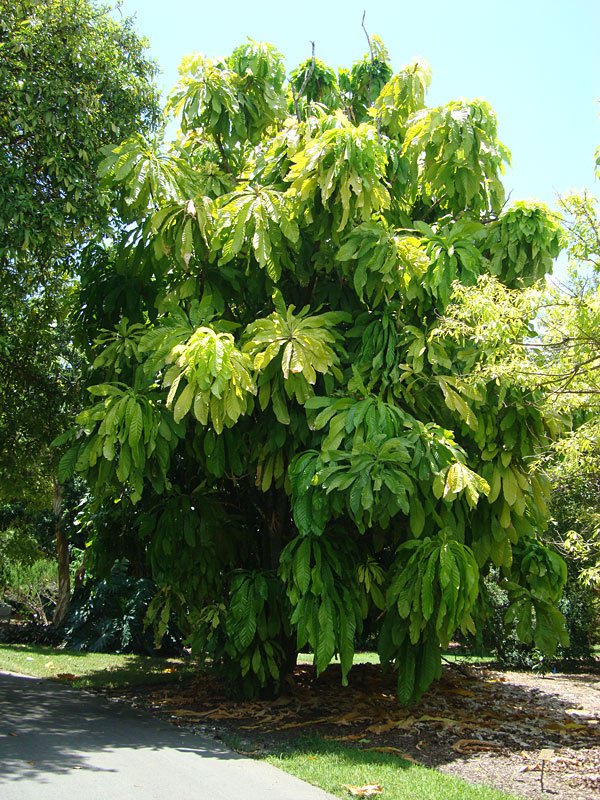Businesses call for G-CAP to be scrapped

The business community has asked the Ghana Standards Authority to completely
cancel the proposed Ghana Conformity Assessment Programme (G- CAP).
They argue that the G- CAP will increase the cost of imports, which will be passed
on to consumers, and cannot achieve its targeted aim of clamping down on fake
and substandard goods imports.
They argue that what G- CAP seeks to achieve are already being done, and only
strict enforcement of the current law can clamp down on fake goods, not
introducing G-CAP.
The businesses making the call are the Food and Beverages Association of Ghana
(FABAG), the Association of Ghana Industries (AGI), Ghana Union of Traders
Association (GUTA), Ghana Automobile Dealers Association(GADA), Ghana
Institute of Freight Forwarders (GIFF), Ghana Shippers Authority, Ghana
Pharmaceutical Chamber of Commerce, Private Enterprise Federation (PEF), and
Ghana Imports and Exporters Association.
“In any case, Ghana ranks higher than all the African countries practicing the G-
CAP in terms of restricting counterfeit and sub-substandard goods, and what do
we stand to gain by going there?” Mr John Awuni, a member of FABAG, said.
According to them, the introduction of G-CAP would only make Ghana less
competitive in the ease of doing business, which will further plummet the
economy.
To buttress his point, he said Ghana is currently ranked 67th in the world in terms
the ease of doing business, far better than countries such as Nigeria, Burundi,
Tanzania and Uganda that are implementing G-CAP. For example, he said Nigeria,
Burundi, Tanzania and Uganda ranked between 125th and 150th in the world,
and wondered if that would rather not mar Ghana’s ease of doing business.
Mr Awuni said “G-CAP is time-consuming, problematic, expensive and will wipe
out the small and medium-scale traders who buy mixed goods from the open
market as additional cost will be shifted to them.”
He explained that implementation of G-CAP would also be duplicated as they
were already using the destination inspection regime.
Mr Awuni, who is also the Corporate Affairs Director of the FINATRADE Group of
Companies, recommended to government under the Ghana Standards Authority
to enforce laws by arresting and prosecuting people engaged in the trade of
substandard goods.
He appealed to them to develop “and harmonies standard in the sub-region
conduct research on the levels and kinds of substandard goods in the country
and improve and strengthen border controls.
Mr Awuni explained that based on export figures for 2013, SGS and BIVAC, which
have been appointed by GSA to do the inspection, would make about $90 million
a year and give GSA about 20% of the amount.
Mr Kofi Amponsah-Bediako, Head, Public Relations at the Ghana Standards
Authority argued that G-CAP would reduce, if not eliminate, fake and substandard
goods imports.
He explained that inspecting goods in the country of origin would ensure that
fake and substandard goods imports do not enter the country.
The G-CAP, which was proposed to become operational on October 1 this year,
had to be suspended on account of teething challenges within stakeholders and
the implementation bodies.




